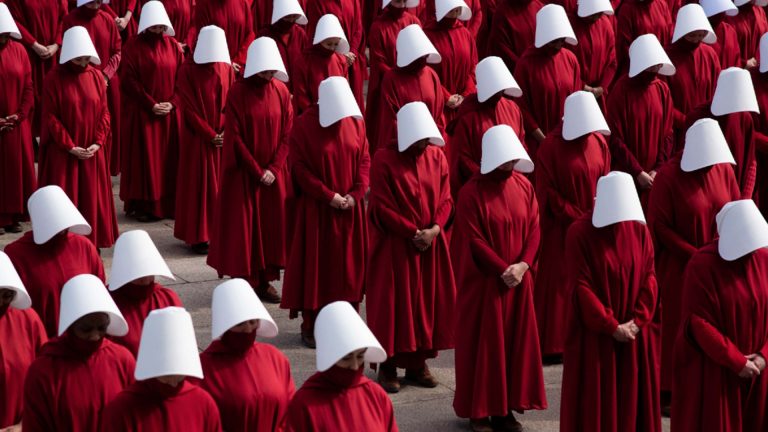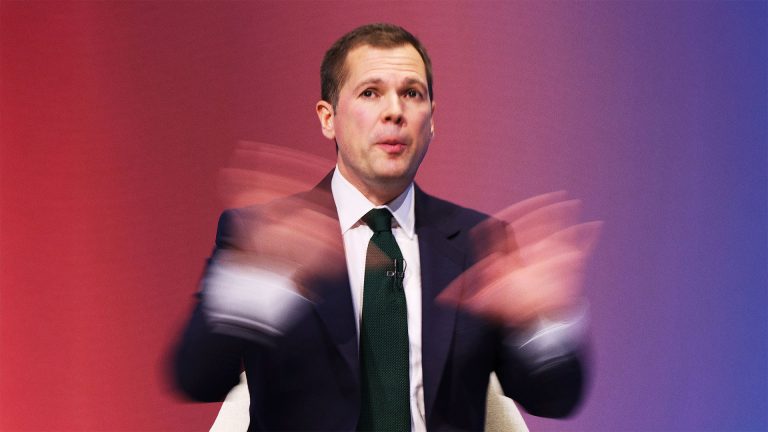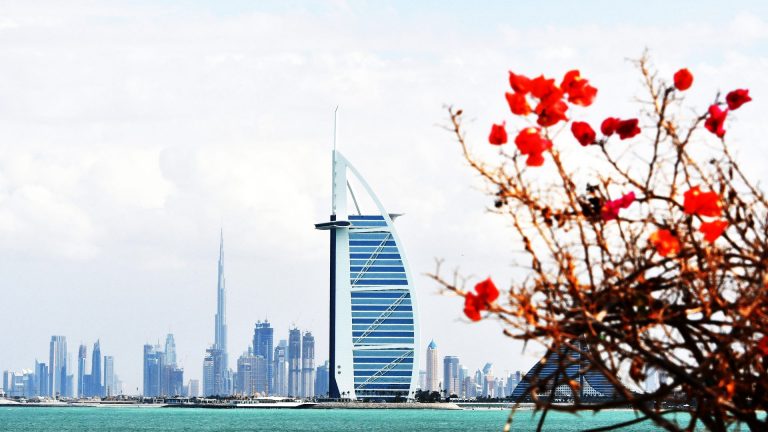It probably is bad form to start a column with a nod to a different one, but sometimes we do as we must. Earlier this year, Duncan Robinson wrote in the Economist that British political scandals aren’t discovered, simply noticed. It was an astute remark, and can apply to a number of stories broken over the past decade.
MeToo probably was the most prominent one in recent memory; the country gasped as they found out about the depravity occurring within the Palace of Westminster, but those who worked there knew that things weren’t exactly rosy. The expenses scandal was no different: so many MPs were at it that it’d clearly all been seen as normal and acceptable, until it wasn’t.
Crucially, these stories didn’t take a long time to break because they were happening deep in the shadows; they only became stories when people decided that they were. An interesting intellectual exercise, then, is to look at the Westminster bubble of today and try to figure out what may be a scandal in the making.
One obvious contender is gambling. Most recently, House of Commons speaker Sir Lindsay Hoyle was criticised by campaigners for opening Betfred’s new HQ in Warrington. Though the MP argued that he was there in his capacity as president of the Rugby Football League, the plaque in the office only mentions his status as a senior parliamentarian.
Just over two years ago, Betfred was fined £2.87m by the Gambling Commission for “failings in its social responsibility and money-laundering controls”. The firm, one of the biggest of its kind in the UK, let gamblers spend tens of thousands of pounds without performing adequate safety checks. In one instance, a customer was able to lose £70,000 in ten hours, a day after opening their account.
More broadly, problem gambling has been found, again and again, to be a worrying issue in Britain. Earlier this year, the Gambling Survey for Great Britain found that over 5% of respondents aged 18 to 34 reported that gambling had a “severe impact” on their life. Dr Matt Gaskell, who runs the NHS Northern Gambling Service, tweeted at the time that there were “persistent and consistent stories of people exploited and harmed by the industry and the devastating impact on families, including children”.
Back in 2022, a different study found that over 2 million people were “problem gamblers or at risk of addiction”, leading health bosses to call on betting firms to “think hard about the human cost behind their profits”. Despite all this, no new tax rises on gambling companies were announced in the Budget, and the government is yet to bring in any legislation on the industry.
Why is that? There is no way to know for certain, but it feels worth mentioning that, since March 2020, gambling companies and executives have donated a whopping £400,000 to the Labour party. Another interesting fact is that the Betting & gaming Council is chaired by Michael Dugher, a famously well-connected former Labour MP. Working with him before the election was Anna Turley, who has now returned to Parliament as the MP for Redcar.
Another known figure in the sector is Tom Watson, the former deputy leader of the party. Back in 2020, he became a senior adviser to Flutter Entertainment, which runs Paddy Power, Betfair and Sky Bet. The problem is, of course, not confined to Labour; the Conservatives currently aren’t relevant enough to be worthy of a lengthier mention, but their ties to the betting industry are as thick as their red counterparts.
This became obvious in 2023, when the Guardian revealed that the industry and its lobbyists had increased the amount they spent on MPs tenfold in the space of five years. Cynics did wonder at the time if this had anything to do with Parliament maybe, possibly considering some more stringent legislation on the sector, and they have seemingly been proved right.
It is, in a way, the perfect scandal waiting to happen. On the one hand, legislators are being funded, wined, dined and befriended by a predatory, cruel industry making money off the back of vulnerable people. On the other, said legislators keep saying that gosh, someone really ought to do something about that predatory industry, but ultimately keep kicking the issue into the long grass. All of it is, naturally, happening in plain sight.
When will the dam finally break? It’s hard to tell. Still, when it does, Westminster won’t be able to pretend that they didn’t know what was coming.











